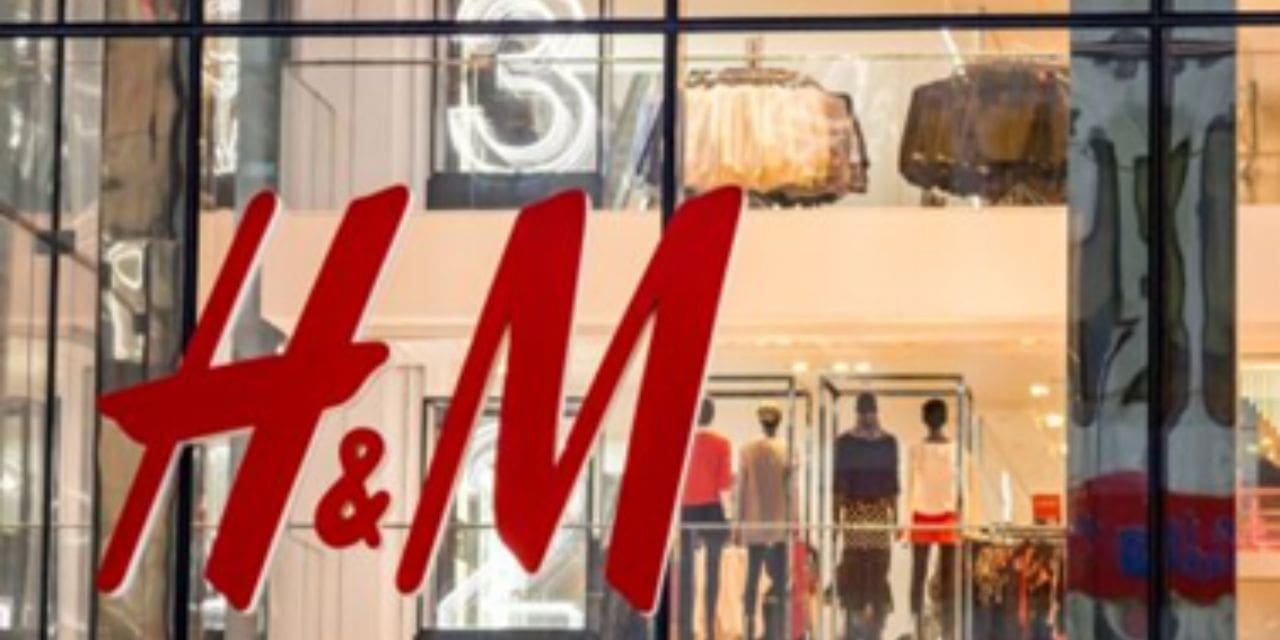Fashion retailer H&M is reportedly adjusting its game plan to attract more style-conscious shoppers and set itself apart from fast-fashion giant Shein. With Shein’s rapid growth in the market, H&M aims to regain profit margins and secure its position by focusing on more upscale customers, as per a Reuters report.
Shein has become the world’s largest fast-fashion retailer, grabbing an estimated 18% market share with its budget-friendly offerings, including $8 dresses, $5 T-shirts, and $2 jewelry. H&M, in response to Shein’s ascent, is repositioning itself to target a more affluent audience, emphasizing its commitment to fashion, quality, and sustainability.
Despite H&M’s denial of a shift in strategy, analysts suggest the retailer is making moves to distinguish itself from Shein’s budget-focused approach. Collaborations with renowned designers, like the recent partnership with Paco Rabanne during Paris Fashion Week, showcase H&M’s efforts to appeal to aspirational shoppers.
While Shein poses a threat to H&M, Zara, owned by Inditex, appears less directly impacted due to its distinct customer base of white-collar workers. Analysts predict Zara will continue to outperform the broader apparel industry, although Shein’s growth may surpass Zara’s in the coming years.
H&M faced a 4% decline in sales in its fourth quarter, losing ground to Zara. However, measures like price increases and reduced discounting have boosted its operating margin to 5.9% for the first nine months of the financial year. H&M’s premium brand, Cos, has shown demand for higher-priced products, indicating potential success in attracting aspirational shoppers.
Investors are optimistic about H&M’s goal to achieve a 10% operating margin by 2024. The retailer’s shares have seen a significant increase, though Inditex maintains a higher valuation. In a bid to compete with Zara and Shein, H&M is actively working to introduce new collections faster to the market.
In a separate move, H&M announced in September its plan to sell secondhand clothing from its flagship London store, promoting both value and engagement in a “circular fashion industry.”

